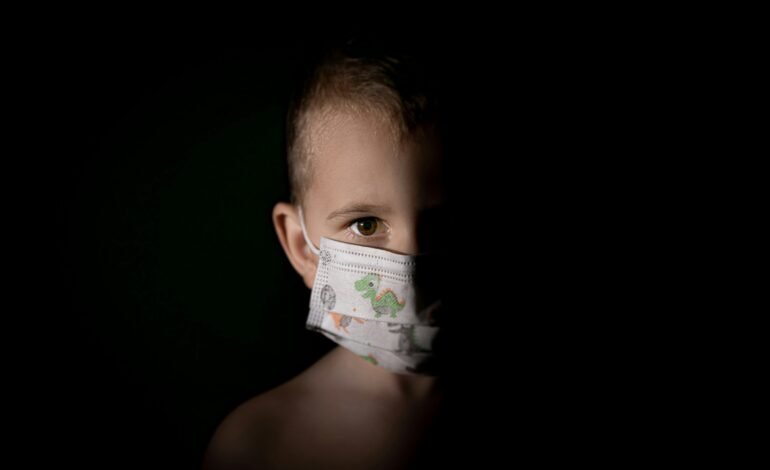Photo of Jan Kopřiva in Unsplash
In recent weeks, state and online media have reported that Russia has developed a cancer vaccine based on mRNA technology, ready for free distribution in 2025. However, experts warn that this is not yet a proven or approved cure.
What the ad says
The Russian Ministry of Health, together with the Gamaleya Center, announced the development of a personalized mRNA vaccine. This vaccine reportedly reduced tumors by up to 80% in preclinical models and will be available free of charge to patients starting in 2025.
What stage are you really at?
To date, positive results have come only from animal models or preclinical studies; there are still insufficient clinical trials to support its efficacy or safety in humans.
Independent research and fact-checkers have debunked sensationalist accounts suggesting a “universal cure” or immediate distribution without scientific backing.
Other complementary developments
On the other hand, Russian scientists are also exploring innovative technologies such as "modular nanocarriers" or "diving antibodies," capable of delivering substances directly into the nucleus of cancer cells. This strategy is still in the experimental stage and must undergo rigorous clinical trials before being considered therapeutic.
Medical skepticism and lack of evidence
American experts agree that without published and verified clinical data, the claims cannot be considered solid. As one immunologist told the media outlet, "Without clinical studies, skepticism must be maintained." There is nothing in scientific journals to justify the announcement.”.
Although there are promising advances in the development of personalized cancer treatments, the idea that Russia has designed an “effective cure that is now available to everyone” lacks verifiable clinical and scientific support. The medical community insists on following established protocols and avoid generating false hopes.
There has been no specific official public response from the U.S. government regarding the Russian vaccine. However, a cautious stance persists within the American scientific community.
"These types of unscientifically reviewed claims can lead patients to abandon established conventional treatments," oncologists warn.
For more stories like this, follow More Latin.
Sources:

